Course Description
CHM 101: Physical Chemistry I Unijos Lecture note introduces students to the fundamental principles governing the physical behavior of matter. This course covers essential topics such as thermodynamics, chemical kinetics, equilibrium, phase changes, and molecular interactions. It provides a strong foundation for understanding how physical principles apply to chemical systems.
Course Structure
Basic Concepts in Physical Chemistry
- Definition and scope of physical chemistry
- States of matter: solids, liquids, and gases
- Properties of gases and the gas laws
Thermodynamics and Energy Changes
- The first law of thermodynamics: energy conservation
- Enthalpy, heat capacity, and calorimetry
- The second and third laws of thermodynamics
- Gibbs free energy and spontaneity of reactions
Chemical Equilibrium
- The concept of dynamic equilibrium
- Equilibrium constant (K) and its applications
- Le Chatelier’s Principle and factors affecting equilibrium
Chemical Kinetics
- Rate of reaction and rate laws
- Collision theory and activation energy
- Factors affecting reaction rates (temperature, concentration, catalysts)
- Reaction mechanisms and order of reactions
Phase Equilibria and Solutions
- Phase diagrams and phase transitions
- Properties of solutions and colligative properties
- Raoult’s law and ideal/non-ideal solutions
Learning Outcomes
By the end of this course, students should be able to:
- Understand the fundamental principles of physical chemistry.
- Apply thermodynamic concepts to chemical reactions and processes.
- Analyze chemical equilibrium and predict shifts in reaction conditions.
- Interpret reaction kinetics and the factors influencing reaction rates.
- Explain phase equilibria and the behavior of solutions.
Assessment Methods
- Exams and Quizzes: To test theoretical understanding and problem-solving skills.
- Laboratory Experiments: To provide practical experience in thermodynamics and kinetics.
- Assignments and Reports: To reinforce key concepts and applications.
- Class Participation: To encourage active learning and discussion.
This course serves as a foundation for advanced studies in chemistry and related scientific fields.
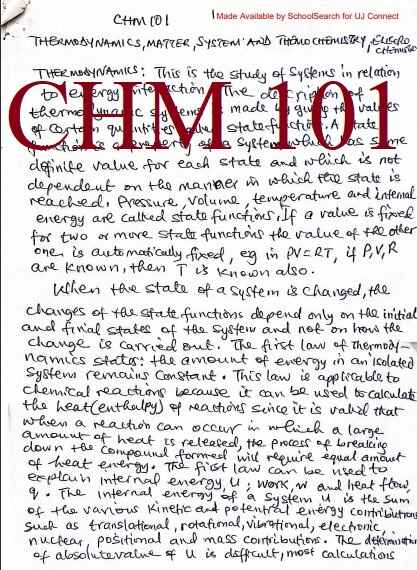
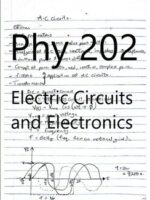
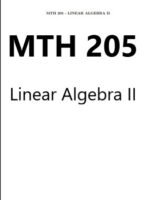
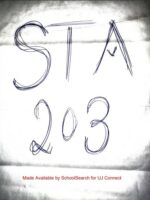
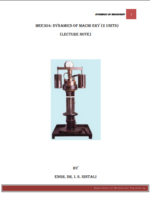
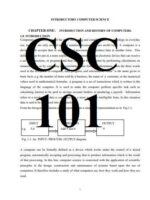
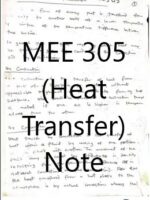
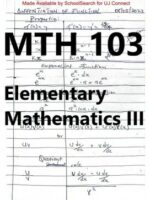
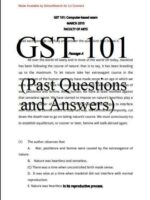
Be the first to review “CHM 101: Physical Chemistry I”